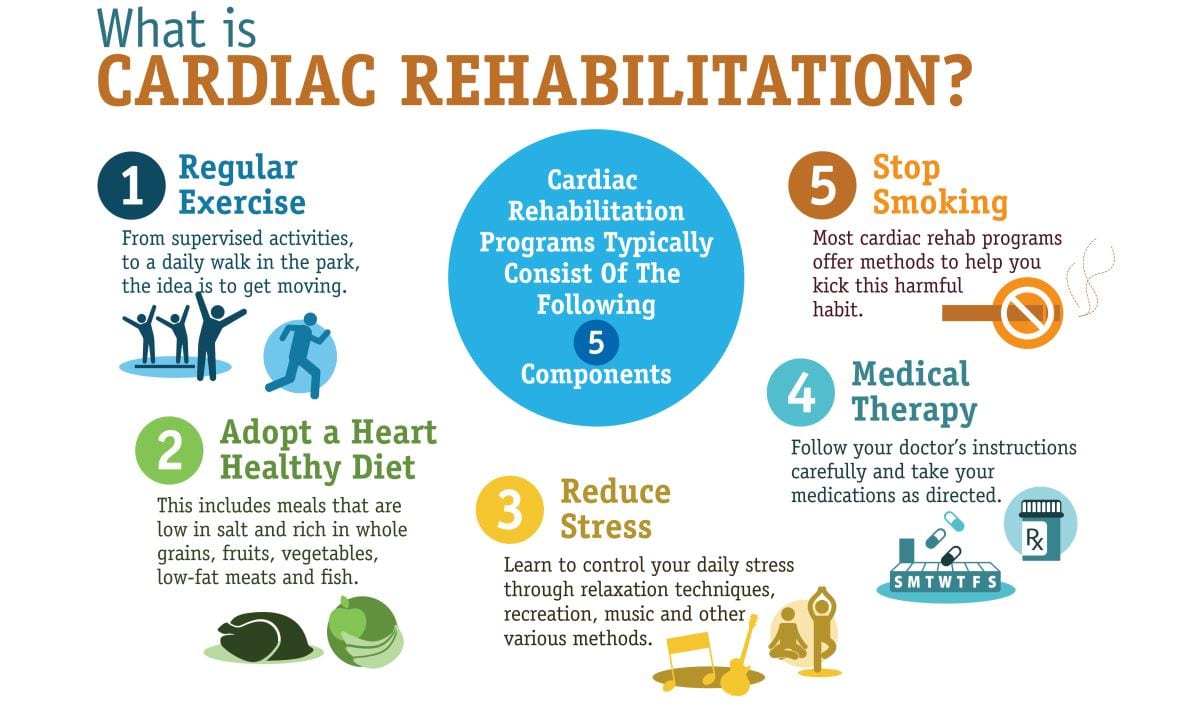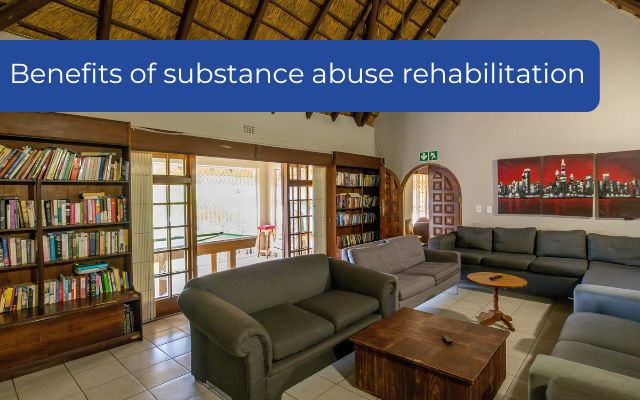How Narconon Africa can Save You Time, Stress, and Money.
Table of ContentsNarconon Africa Things To Know Before You BuyThe Greatest Guide To Narconon AfricaUnknown Facts About Narconon AfricaThe Best Guide To Narconon Africa7 Simple Techniques For Narconon AfricaGetting My Narconon Africa To WorkThe Definitive Guide to Narconon Africa
In a series of papers with Manudeep Bhuller and Katrine V. Lken, we get rid of these data difficulties and the nonrandomness of imprisonment, supplying brand-new understandings into how imprisonment impacts regression, work, children, and criminal networks - Life skills courses. Number 1 Our work research studies the results of incarceration in Norway, a setting with 2 essential benefitsWe can additionally link this details to other family members, consisting of children and brother or sisters. We have details on co-offending that enables us to map out criminal networks for observed crimes. Second, we can take advantage of the random project of criminal situations to judges who vary in their tendencies to send offenders to jail.
Some courts send out offenders to jail at a high price, while others are much more lax. We determine a judge's stringency as the average imprisonment rate for all other instances a court manages, after managing for court and year fixed results, which is the degree of random task. This quasi-random task of judge stringency can be used as an instrument for imprisonment, as it strongly anticipates the judge's choice in the present situation, however is uncorrelated with various other instance characteristics both by layout and empirically.
See This Report about Narconon Africa
Features of detainees, including demographics and crime groups, are extensively comparable in Norway and other nations, consisting of the USA, with the exceptions that the United States homicide rate is much higher, and race plays a larger duty there as well. What attracts attention as various, especially compared with the United States, is the prison system.
Number 2In Norway, the average time spent in jail is a little over 6 months, which resembles most other Western European countries. This contrasts with typical United States jail time of almost 3 years, which is in big part the factor the United States is an outlier in its imprisonment rate compared to the remainder of the globe [Figure 1]
Some Of Narconon Africa
This supplies far more separation in between small and hard criminals than exists in the United States. There is no congestion in Norwegian jails and much better individual security, with each prisoner being appointed to their own cell and a greater inmate-to-staff proportion than in the USA (https://linktr.ee/narcononza12). Prisons in Norway additionally provide well-funded education, medicine treatment, mental health, and work training programs
Our research study on the effects of incarceration on the culprit, using the arbitrary project of judges as a tool, yields 3 vital findings. Jail time discourages further criminal actions. We locate that incarceration reduces the likelihood that an individual will reoffend within five years by 27 percent points and minimizes the corresponding variety of criminal fees per individual by 10 fees.
Our Narconon Africa Statements
We locate substantial declines in reoffending possibilities and advancing billed criminal offenses also after defendants are released from prison. Our second result is that bias due to choice on unobservable individual attributes, if disregarded, results in the incorrect final thought that time spent behind bars is criminogenic. If we just contrast criminal defendants sentenced versus those not imprisoned, we discover favorable organizations in between incarceration and subsequent crime.
This stands in contrast to our analysis based upon the arbitrary job of judges, which discovers an opposite-signed outcome. Third, the decrease in crime is driven by people that were not functioning before incarceration. Amongst these individuals, imprisonment raises engagement in programs directed at enhancing employability and reducing relapse, and this inevitably increases employment and earnings while dissuading criminal habits.

Jail time causes a 34 percent point rise in participation in work training programs for the formerly nonemployed, and within five years their employment rate boosts by 40 portion points. At the exact same time, the likelihood of reoffending within five years is cut by 46 portion points, and there is a decrease of 22 in the ordinary number of criminal fees.
The 6-Second Trick For Narconon Africa

A probable description for the distinction is that Norway's jail system differs substantially, both in regards to prison-term length and prison problems, from the US prison system. While recognizing the effects of imprisonment on the wrongdoer is a crucial very first step, recording spillover impacts is likewise important for reviewing criminal justice policy and making reliable jail systems.
Top Guidelines Of Narconon Africa

Average the very least squares approximates expose that youngsters of incarcerated fathers are 1 portion factor more likely to be charged with a crime, loved one to a mean of 13 percent, and show no effect on institution qualities. Utilizing our court stringency instrument, we find no statistical proof that a papa's imprisonment influences a child's own criminal offense or college qualities, but we are not able to rule out modest-sized impacts.
Narconon Africa - An Overview
We specify criminal groups based on network links to previous criminal cases. Our analysis returns 3 major searchings for. First, when a criminal network member is jailed, their peers' possibility of being charged with a future criminal activity lowers by 51 percent factors over the next four years. Similarly, having an older brother incarcerated lowers the likelihood his more youthful brother will be billed with a criminal offense by 32 percentage factors over the next four years.